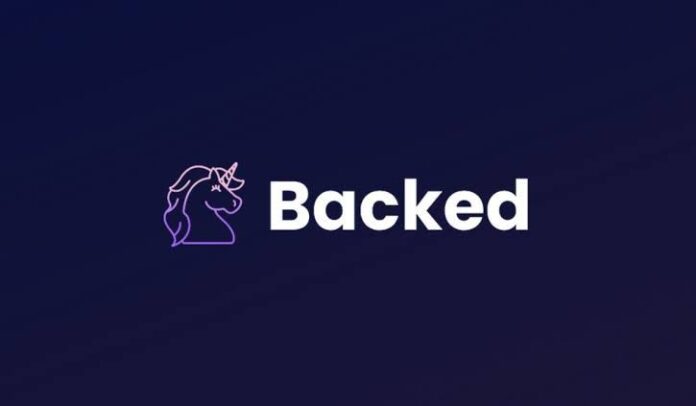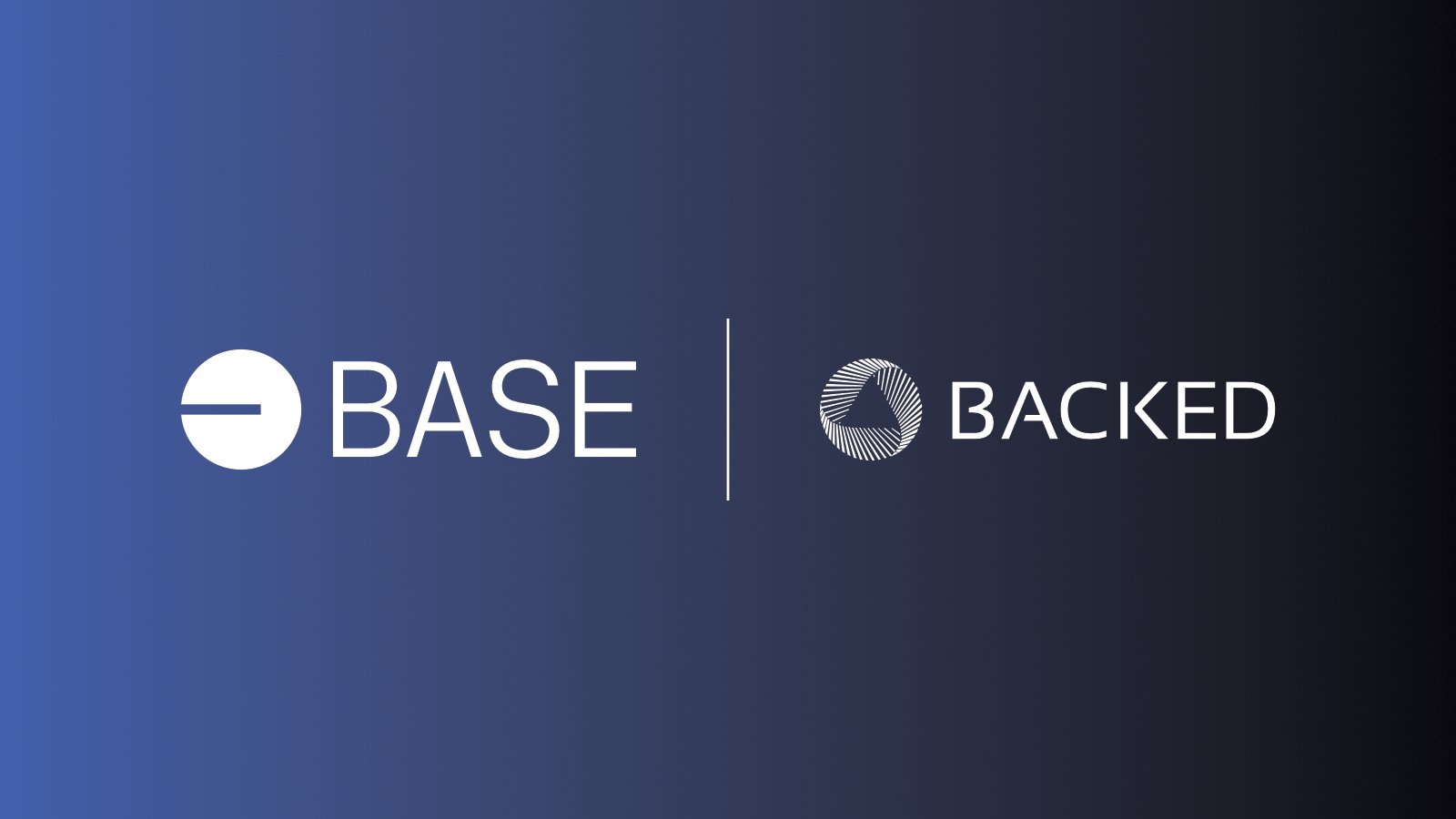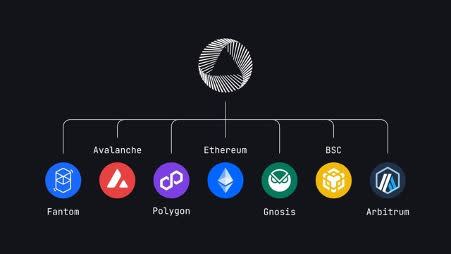In the exciting world of decentralized finance, Backed Finance is making waves with its latest project. Get ready for the arrival of tokenized Coinbase stocks on Polygon, thanks to Backed Finance’s innovative approach to asset tokenization. As a leading DeFi project, Backed Finance aims to bring traditional assets like stocks and bonds onto the blockchain, and now they’re expanding their presence to networks such as BNB Chain, Polygon, Gnosis, Avalanche, Fantom, and Arbitrum. With the addition of Chainlink’s price feeds, Backed Finance is poised to revolutionize the way we think about traditional investments in the decentralized era. Get ready for a new wave of possibilities in the world of crypto and stock trading!
Introduction
Tokenization of traditional assets has become increasingly popular in the world of blockchain and decentralized finance (DeFi). Backed Finance is one such project that aims to bring traditional assets, such as stocks and bonds, to the blockchain through tokenization. In this article, we will explore Backed Finance’s expansion into the tokenization of Coinbase stocks on the Polygon network, as well as the benefits of tokenized assets and the role of Backed Finance in enabling this process.
Tokenized Coinbase Stocks on Polygon
Backed Finance has been expanding its tokenization project, and one of its latest developments is the availability of tokenized Coinbase stocks on the Polygon network. This expansion allows investors to gain exposure to the performance of Coinbase stocks in the form of ERC-20 tokens on Polygon. By tokenizing these stocks, Backed Finance enables investors to easily trade and invest in them, leveraging the advantages of blockchain technology.
The availability of tokenized Coinbase stocks on Polygon offers several benefits. Firstly, it provides investors with a wider range of options for diversification. By adding Coinbase stocks to their investment portfolio, investors can potentially benefit from the growth and success of one of the leading cryptocurrency exchanges in the market.
Furthermore, tokenized assets on Polygon offer increased liquidity compared to traditional assets. Through the use of decentralized exchanges, investors can easily buy and sell tokenized Coinbase stocks without the need for intermediaries. This increased liquidity allows for more efficient trading and potentially better pricing for investors.
Backed Finance’s Expansion
In addition to expanding its tokenization project to include tokenized Coinbase stocks on Polygon, Backed Finance has made significant advancements in its overall platform. One notable addition is the integration of Chainlink’s price feeds, which provide accurate and reliable price data for the tokenized assets on Backed Finance. This integration ensures that investors have access to real-time price information, enabling them to make informed investment decisions.
Backed Finance is also expanding the availability of its tokenized products to multiple networks. In addition to Polygon, Backed Finance supports BNB Chain, Gnosis, Avalanche, Fantom, and Arbitrum. This multi-network approach allows investors to choose the network that best suits their needs and preferences, further increasing accessibility and flexibility.
It is worth noting that Backed Finance was originally launched on the Ethereum network. This original launch paved the way for the tokenization of various traditional assets and demonstrated the potential of blockchain technology in bringing real-world assets to the crypto market.
The Role of Backed Finance
Backed Finance plays a crucial role in enabling the tokenization of traditional assets. By leveraging blockchain technology, Backed Finance brings stocks and bonds to the blockchain, making them more accessible and tradable for a wider range of investors. This democratization of traditional assets allows individual investors to participate in markets that were previously limited to institutional investors.
In addition to enabling access to traditional assets, Backed Finance also provides a secure and transparent platform for the tokenization process. The use of smart contracts ensures that the ownership and transfer of tokenized assets are recorded and verified on the blockchain, eliminating the need for third-party intermediaries and reducing the risk of fraud.
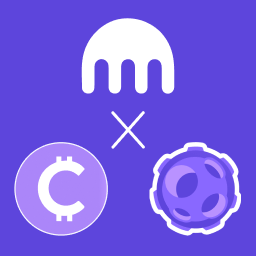
Benefits of Tokenization
Tokenization offers numerous benefits for traditional assets and investors. One of the primary advantages is increased liquidity. Tokenized assets can be easily traded on decentralized exchanges, allowing investors to buy and sell them with greater ease and efficiency. This increased liquidity opens up new opportunities for trading and investment strategies.
Another benefit of tokenization is lower transaction costs. Traditional asset markets often involve various fees and intermediaries, which can significantly reduce an investor’s returns. In contrast, tokenized assets on blockchain networks like Polygon typically have lower transaction costs, reducing the financial burden on investors.
Furthermore, tokenization enhances accessibility for a wider range of investors. Traditional assets are often subject to high minimum investment requirements and limited availability. By tokenizing these assets, Backed Finance enables fractional ownership, allowing investors to purchase a fraction of a tokenized asset instead of the whole asset. This fractional ownership model lowers the barrier to entry and makes investing in traditionally inaccessible assets more accessible to a broader audience.
Polygon Network
The Polygon network is a popular layer 2 scaling solution that offers numerous advantages for tokenized assets. It provides a high-performance infrastructure for decentralized applications (dApps), making it ideal for trading and exchanging tokenized assets. The fast and low-cost transactions on Polygon ensure that investors can execute their trades quickly and at a reasonable cost.
Additionally, the Polygon network offers robust security measures, ensuring the safety of tokenized assets. The network has undergone thorough security audits and has a strong reputation within the blockchain community, providing investors with peace of mind when trading or holding tokenized assets.
The integration of Backed Finance with the Polygon network further enhances the accessibility and usability of tokenized assets. Investors can easily leverage the benefits of the Polygon network while transacting and trading tokenized Coinbase stocks, creating a seamless and efficient user experience.
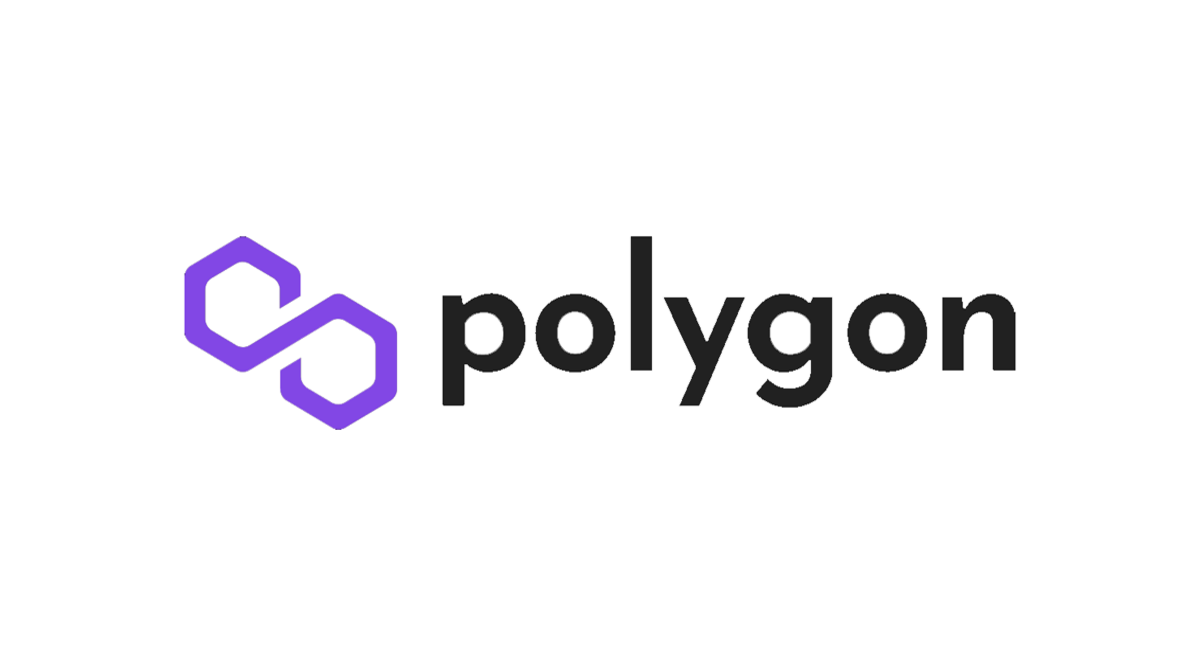
Advancements in DeFi
Decentralized Finance (DeFi) has experienced significant growth and developments in recent years. DeFi refers to the use of blockchain technology and cryptocurrencies to recreate traditional financial systems in a decentralized and more inclusive manner. Tokenization is one of the major advancements in the DeFi sector, as it allows for the representation of real-world assets on the blockchain.
Tokenization offers numerous advantages within the DeFi ecosystem. It enables the creation of new financial products and services, such as decentralized exchanges and lending platforms, that leverage the liquidity and accessibility of tokenized assets. This innovation opens up new opportunities for investors and expands the possibilities of decentralized finance.
Backed Finance’s role in enabling the tokenization of traditional assets contributes to the overall advancement of the DeFi sector. By bringing stocks and bonds to the blockchain, Backed Finance bridges the gap between traditional finance and decentralized finance, creating a more interconnected and inclusive financial ecosystem.
Other Networks Supported by Backed Finance
In addition to the Polygon network, Backed Finance supports various other blockchain networks. These include BNB Chain, Gnosis, Avalanche, Fantom, and Arbitrum. The availability of tokenized assets on multiple networks provides investors with greater options and flexibility, allowing them to choose the network that best suits their needs.
The expansion of Backed Finance to these networks further demonstrates the project’s commitment to making tokenized assets widely accessible. It ensures that investors from different blockchain communities can participate in the tokenization of traditional assets, promoting interoperability and collaboration within the crypto market.
Use Cases for Tokenized Assets
Tokenized assets offer numerous use cases and opportunities for investors. One of the primary use cases is trading and investment opportunities. By tokenizing traditional assets, investors can easily buy and sell them on decentralized exchanges, taking advantage of market trends and price movements. This increased liquidity and accessibility open up new avenues for trading strategies and investment opportunities.
Fractional ownership is another use case for tokenized assets. With fractional ownership, investors can purchase a fraction of a tokenized asset, enabling them to diversify their investment portfolio and access assets that were previously out of reach due to high minimum investment requirements.
Moreover, tokenized assets can be integrated with decentralized exchanges and lending platforms, allowing investors to utilize their tokenized assets as collateral for loans or participate in liquidity provision. This integration with decentralized infrastructure adds another layer of utility and value to tokenized assets, enhancing their overall usefulness in the DeFi ecosystem.
Impact on the Crypto Market
The tokenization of traditional assets, such as Coinbase stocks, has a significant impact on the crypto market. It represents the increased adoption of traditional assets within the crypto space, bridging the gap between traditional finance and crypto finance. This adoption brings more liquidity and trading volume to the crypto market, potentially driving up the value of cryptocurrencies and creating new investment opportunities.
The tokenization of Coinbase stocks, in particular, has market implications. Coinbase is one of the leading cryptocurrency exchanges, and its stock performance is closely tied to the performance of the crypto market as a whole. As more investors gain exposure to Coinbase stocks through tokenization, the demand for these tokenized assets may increase, potentially driving up their value.
Furthermore, the tokenization of traditional assets paves the way for further integration of traditional finance and crypto finance. As more traditional assets are tokenized and made accessible on blockchain networks, the boundaries between the two sectors begin to blur. This integration has the potential to reshape the financial industry and create new opportunities for investors and entrepreneurs alike.
In conclusion, the tokenization of traditional assets, such as Coinbase stocks, on the Polygon network through Backed Finance represents a significant development in the world of decentralized finance. This expansion allows for increased liquidity, lower transaction costs, and accessibility for a wider range of investors. The role of Backed Finance in enabling the tokenization process and supporting multiple networks demonstrates the project’s commitment to bringing traditional assets to the blockchain. As tokenization continues to advance in the DeFi sector, it opens up new possibilities for trading, investment, and the integration of traditional finance and digital assets.

